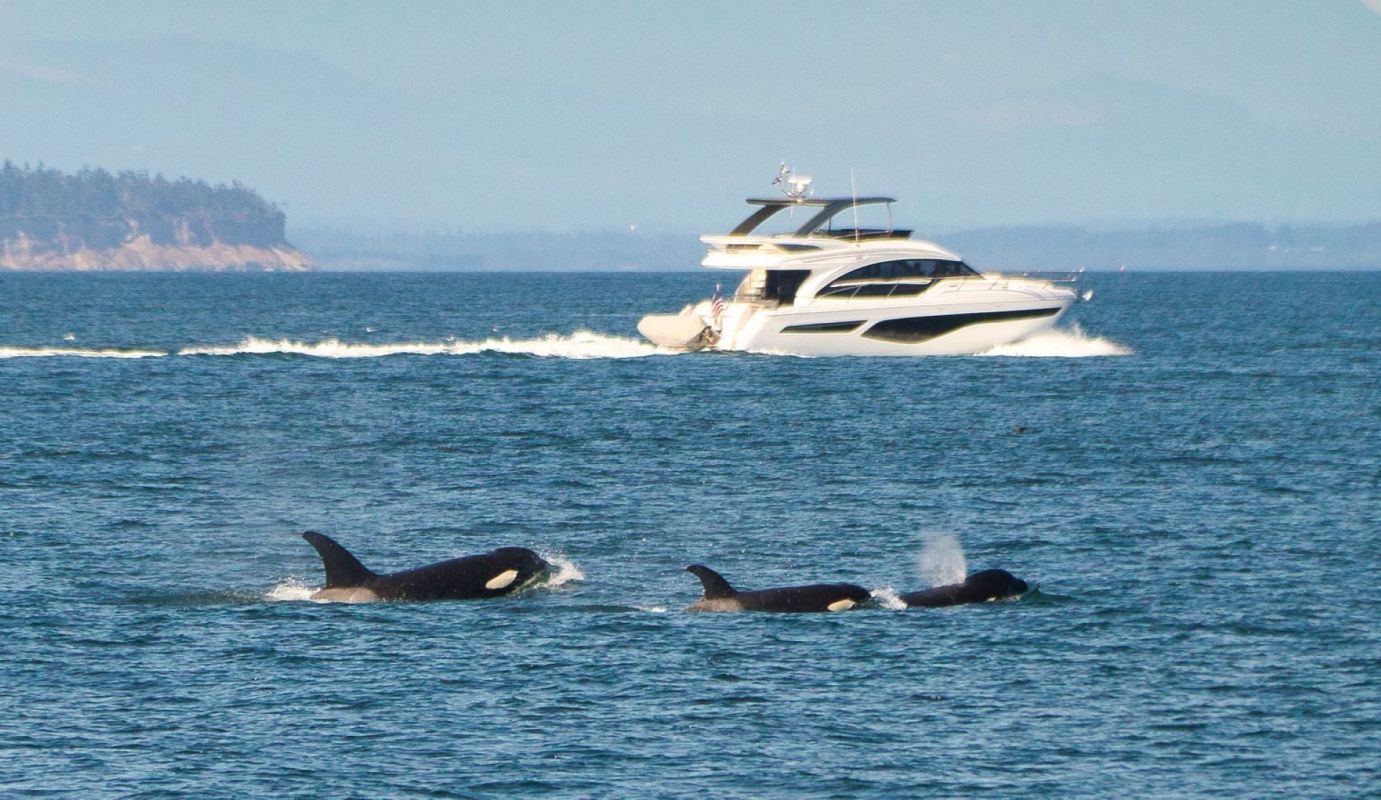On May 4, a group of killer whales attacked and sank a boat in the Strait of Gibraltar.
The incident marked the third whale-on-vessel attack on the coasts of Spain and Portugal since 2020, according to Scientific American.
In most cases like these, the whales bite the rudder, rendering the vessel unable to navigate. But in some instances, the sea animals ram into the boats. Attacks can last anywhere from 30 minutes to two hours.
Experts speculated this might be a response to traumatizing experiences the whales have had with boats in the past, like getting caught in fishing lines.
The killer whale attacks are part of a larger trend: animals fighting back to defend their habitat against humans who continue to take it from them. In parts of Montana that have seen rapid human population growth, bear attacks have been on the rise. In one Japanese city, an entire task force has been formed to handle a series of escalating attacks by monkeys.
One theme is clear in the reports: Animals in the attacks do not have a history of frequent violence against humans. Instead, the attacks have happened in tandem with an increase in human activity in the wildlife's habitats.
Human activities are threatening the homes and lives of animals everywhere. Over just the last 50 years, humans have caused a 69% loss of global wildlife populations, according to the World Wildlife Fund.
This trend has significant implications for the future of all living things. Having diverse populations of wildlife alive and thriving is an integral part of many ecosystems we rely on for everything from oxygen to the food we eat. The recent rise of animal-on-human (or boat) violence shows that the battle between humankind and wildlife is reaching a boiling point.
"All this has to make us reflect on the fact that human activities, even in an indirect way, are at the origin of this behavior," Alfred López, an orca researcher, told Scientific American regarding the whale attacks.
Jamie Jonkel, a bear management specialist, said to The Guardian of the bear attacks, "[Grizzlies will] take advantage of us, just like we will of them."
Join our free newsletter for cool news and cool tips that make it easy to help yourself while helping the planet.









